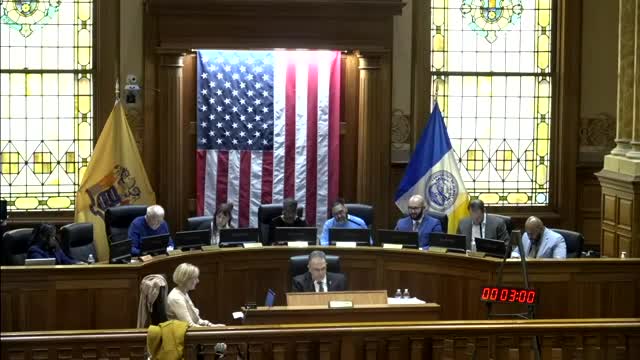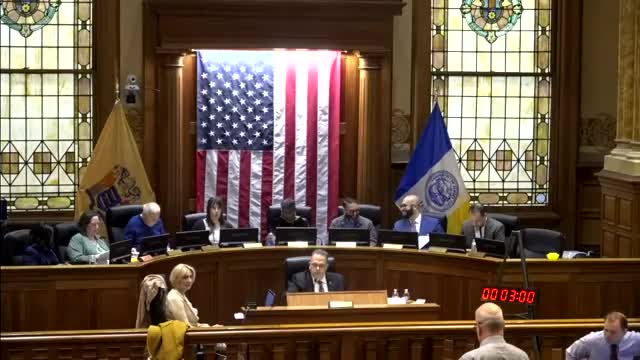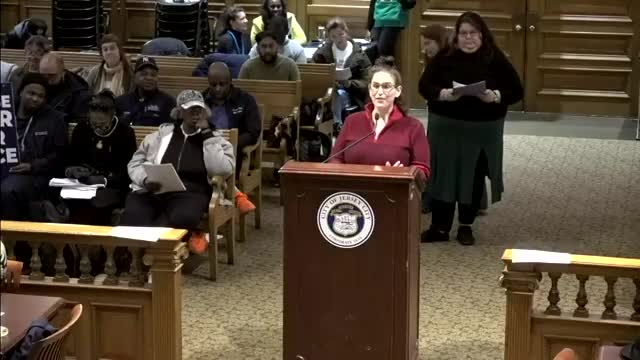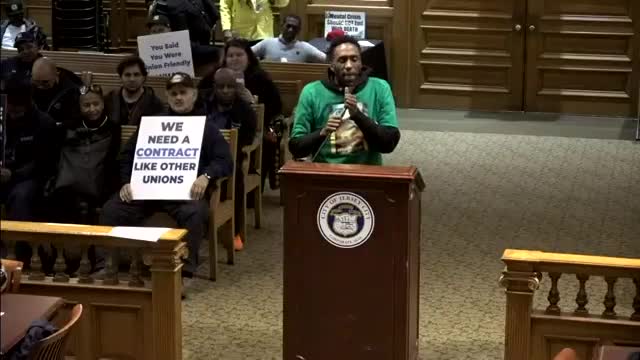Article not found
This article is no longer available. But don't worry—we've gathered other articles that discuss the same topic.

Council introduces 30-year tax-exemption for 701 Newark Ave amid debate over developer breaks

Council to re-advertise amendment requiring prior approvals for construction permits, adds forestry and tax-assessor checks

Jersey City council adopts upgraded tree protections amid broad public support

